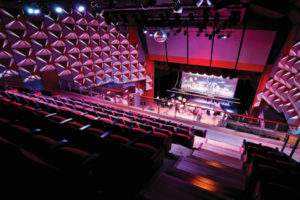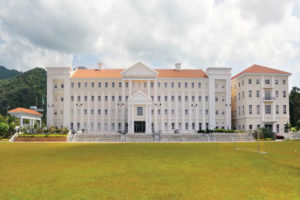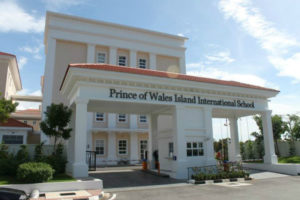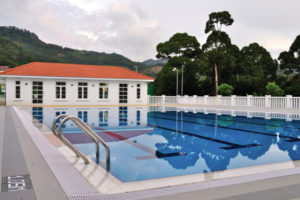Prince of Wales Island International School (POWIIS) as an international school, we enjoy considerable freedom to tailor the syllabus to the needs of our pupils. We can take into account the individual characteristics of each student: their strengths, their varied cultural and linguistic backgrounds, and their aspirations for the next stage of education.
Opportunities for enrichment come from both within and beyond the syllabus. Everything we do at POWIIS, whether curricular or extra-curricular, academic or social, is geared towards creatinPrince of Wales Island International School is the first school in Malaysia to offer large scale British-style boarding alongside thriving day education. With a projected roll of 800, POWIIS is a school that puts academic endeavor at the top of its list of priorities ensuring that academic excellence is respected and recognized.g lively and enquiring minds. Pupils leave with the breadth of knowledge, ambitious outlook and innovative skills of leadership which will support them in their future lives, whether embarked upon at home or abroad.
- Academic excellence is fundamental to all that goes on in the School.
- Syllabuses do not define the limit of what is learnt.
- Examination results are vital, but a good education means much more than just top grades.
- Self-direction, motivation and the taking on of responsibility are essential elements of a pupil’s journey towards both independence of thought and emotional maturity.
- Students should feel appropriately challenged in all that they do, but at the same time they should always feel supported.
- The curriculum should be balanced and broad for the most part, and all curriculum subjects should be equally valued, so that pupils can experience a wide range of subjects before they make their choices.
- Ministry of Education Malaysia regulations are followed.







